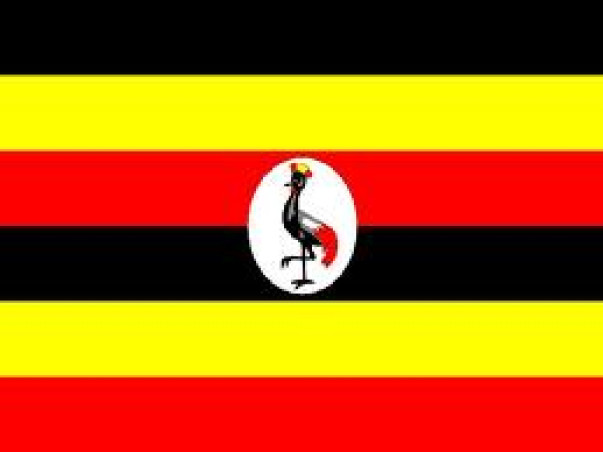UGANDA:Telecoms expect mobile money to normalise after tax stalemate

Telecoms yesterday said they were happy following the end to the mobile money tax stalemate that had taken nearly three months.
Mobile money transactions and volumes, according to a recent statement from the MTN communications office, have declined by about 27 per cent which translates to Shs1.5 trillion since July when government implemented the controversial 1 per cent tax on mobile money, before reviewing it to 0.5 per cent.
Parliament on Tuesday voted in support of the review, ending more than three months of a stalemate that has had an adverse effect on one of Uganda’s major money transfer platforms.
Mr Wim Vanhelleputte, the MTN chief executive officer, yesterday told journalists at a briefing about the telecom’s outlook for the next 10 years that they expect (mobile money) business to bounce.
“We think that [the settlement of the tax] will allow customers to come back and agents who had been impacted most will be happy for the tax cut,” he said.
However, Mr Vanhelleputte urged government to urgently gazette the amended bill to avoid confusion that has surrounded the mobile money tax since July.
The tax law had since July met resistance from the public and civil society organisations, who argued that it was repressive, discriminative and would reverse gains in the area of financial inclusion.
Government in July also increased Excise Duty on Mobile Money from 10 to 15 per cent.
Ms Sumin Namaganda, the Airtel communications manager, told Daily Monitor yesterday it was good that the tax reduction issue had finally been settled.
However, she noted that they were cognizant of the negative impact the tax will have on consumers.
“We hope government will further reconsider the proposal to tax mobile money transactions which has a multiplier effect on consumers. The mobile money industry is still in its infancy and drives financial inclusion of the unbanked population and the growth of a cashless economy,” she said.
Bank of Uganda in its National Payment System hopes to leverage on mobile to achieve a cashless economy by at least 2022.
However, the move to institute heavy taxes on mobile money is likely to have a negative impact on such plans.
Following a backlash after the implementation of the 1 per cent mobile money and social media tax, President Museveni clarified that Cabinet had only agreed on 0.5 per cent and not 1 per cent.
Mobile money usage
Mobile money remains the single most used money transfer platforms, transacting more than Shs63.1 trillion as of June 2018, according to data from Bank of Uganda.
There are more than 20 million subscribers spread out on four major telecoms such as MTN, Airtel, Africell and Utl.
However, experts have warned that the new tax, will affect transaction volumes as some people, especially those with large volumes are likely stay away from the platform.
SOURCE: THE MONITOR
 Africas leading resource for digital financial services
Africas leading resource for digital financial services


comments